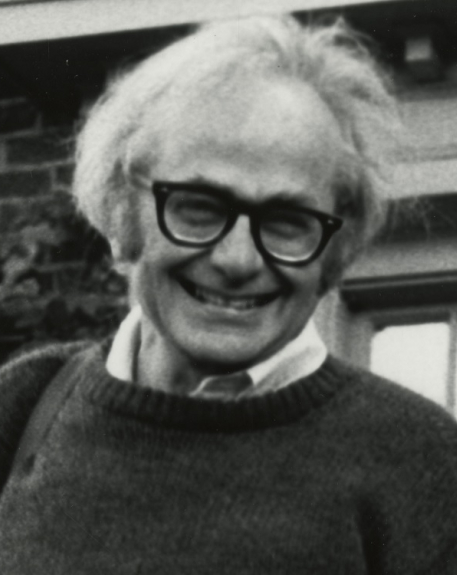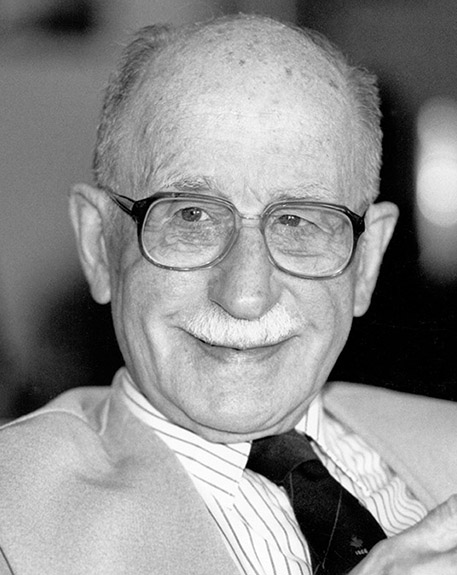1998 INDUCTEE C. Miller Fisher, MD Brain & Mind
December 5, 1913
(Waterloo, Ontario)
April 14, 2012
MD, University of Toronto (1938)
1952: Prize in Medicine, Royal College of Physicians of Canada
Soriano International Award
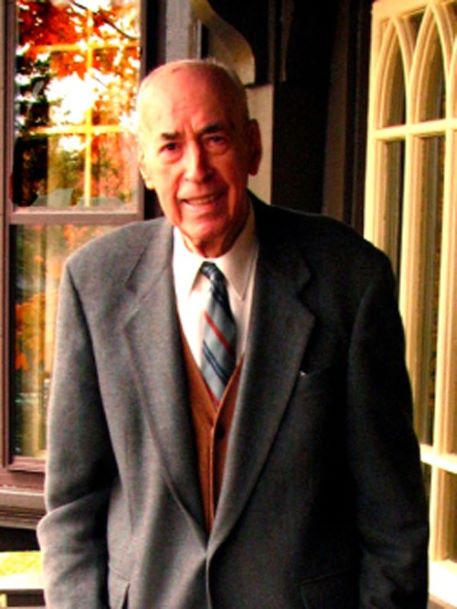
Contributed to our understanding of stroke and elucidated its early warning signs
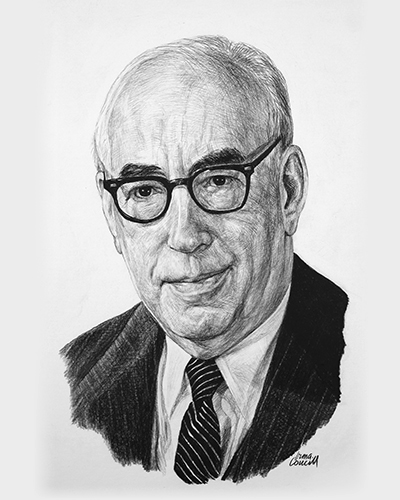
A giant in the field of neurology
The remarkable accomplishments of Dr. C. Miller Fisher earned him the reputation as the founding father of modern stroke neurology. His ground-breaking discoveries and research facilitated better understanding of the causes of stroke, which in turn, improved stroke diagnosis, treatment and prevention. First, he observed that the narrowing of the carotid artery caused stroke. Second, he described little clots that were a warning for stroke. These warning attacks were called transient ischemic attacks, which led to the discovery that aspirin and other drugs can prevent stroke by preventing the formation of these clots. He was revered for his commitment to his patients and for his mastery of neuropathology, both highly reflected in his respected clinical approach.
Key Facts
Identified the warning signs of stroke, including sudden weakness of one side of the body, blurred vision and slurred speech
His description of TIAs, led to the discovery that aspirin and other anticoagulant drugs can prevent stroke by preventing the formation of blood clots
Published more than 200 scientific articles and continued to publish well into his nineties
Originated many descriptive terms, including transient monocular blindness (TMB), pure moto hemiplegia, and pure sensory stroke
The summary of his clinical approach is recognized throughout the field of clinical neurology today as "Fisher's Rules"
Professional timeline
Impact on lives today
Considered one of the leading clinical neurologists of the 20th century, Dr. Miller’s work stimulated the development of many therapeutic treatments in neurology that form the basis of modern stroke care. Throughout his career, he transformed medical knowledge and brought attention to specific causes of stroke and laid the groundwork for active research in stroke prevention. In addition, his identification of the key warning signs of stroke have become the focus of many stroke prevention awareness campaigns today.
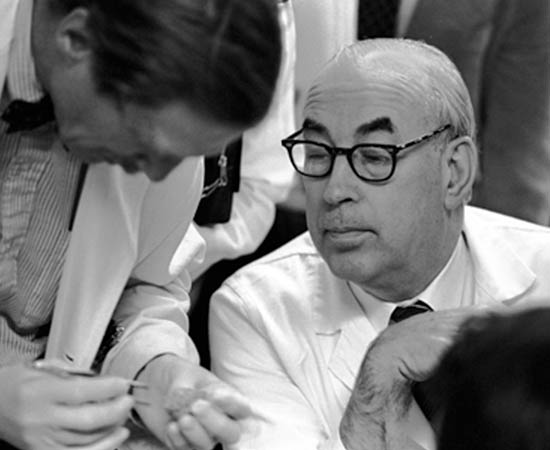
1998
-
C. Miller Fisher inducted into the Canadian Medical Hall of Fame
Hull, Quebec
-
C. Miller Fisher continued to make significant contributions to the field of neurology with the descriptions of many cerebrovascular syndromes
Brain & MindThese contributions included describing descending Guillain-Barre syndrome, which now bears his name as the Miller Fisher syndrome. Other syndromes include normal pressure hydrocephalus, transient global amnesia, one-and-a-half syndrome, wrong-way eyes, oval pupils, among many more.
-
Fisher was appointed chief of neurology at the Massachusetts General Hospital and Bullard Professor of Neuropathology at Harvard medical school
Health and Medical Education & TrainingHe began a long and successful career at the Massachusetts General Hospital and as a professor at the Harvard Medical School. In these roles, he remained a dedicated educator and clinician, mentoring generations of neurologists who continued impactful work throughout the world.
-

Under the influence of Wilder Penfield, Fisher went to study at Harvard University with Raymond Adams, the renowned American neurologist
Fisher spent a year at Boston City Hospital where he completed a fellowship in neuropathology. At the age of 36, Fisher returned to Montreal to become the neuropathologist at the Montreal General Hospital. This connection with Raymond Adams, however, left a significant impression on the trajectory of Fisher’s life.
-
After his release from Germany, Miller Fisher returned to Canada to complete neurological studies under the famed Dr. Wilder Penfield at the Montreal Neurological Institute
Heart & VesselsWorking as a neuropathologist at the Montreal General Hospital, he performed autopsies on the carotid artery of stroke victims. His observation that the narrowing of the carotid artery caused stroke was a pivotal event in stroke research and established stroke as a neurological pathology.
-
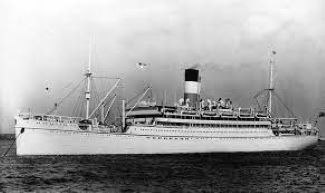
With the start of the Second World War, Fisher was placed in the British Royal Navy due to the shortage of naval medical officers
In 1941, the naval ship he was aboard was attacked by a German vessel, causing the captain to surrender. After being captured, Fisher was interned at a German prisoner of war camp for over three years. During this time, he developed a disciplined mind and a knack for the German language, reading any German medical literature that was made available to him in the camp.
-

Charles Miller Fisher attended the University of Toronto Medical School graduating in 1938
While not attending classes, he was a member of the university’s swimming and water polo teams.
1938
He was a man of purpose and had an extraordinary work ethic.

